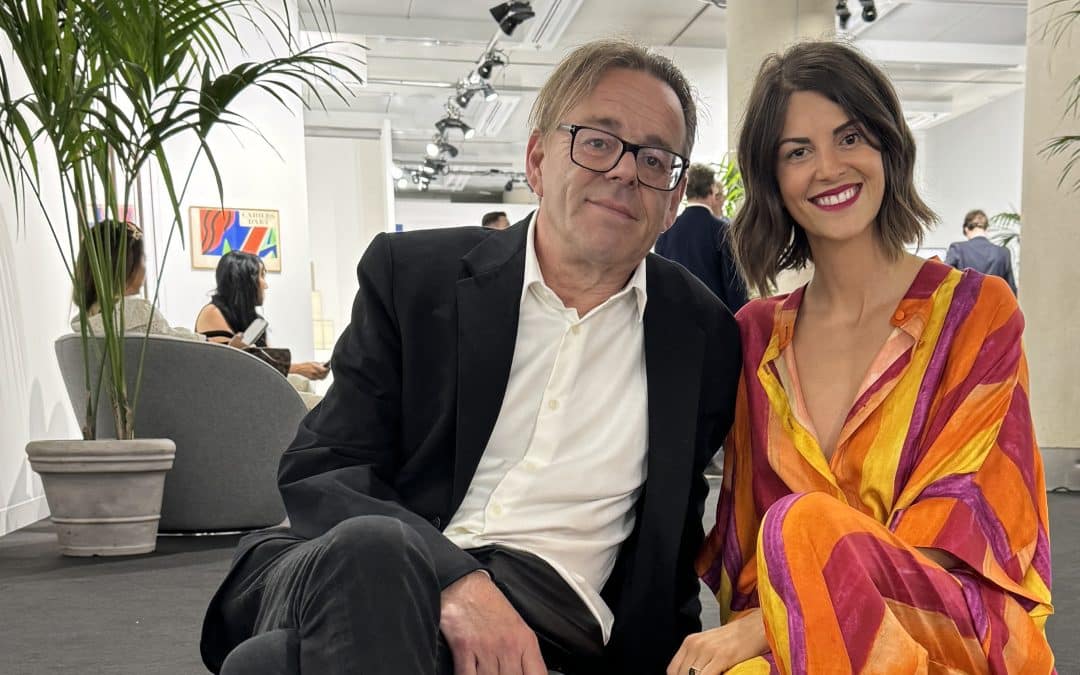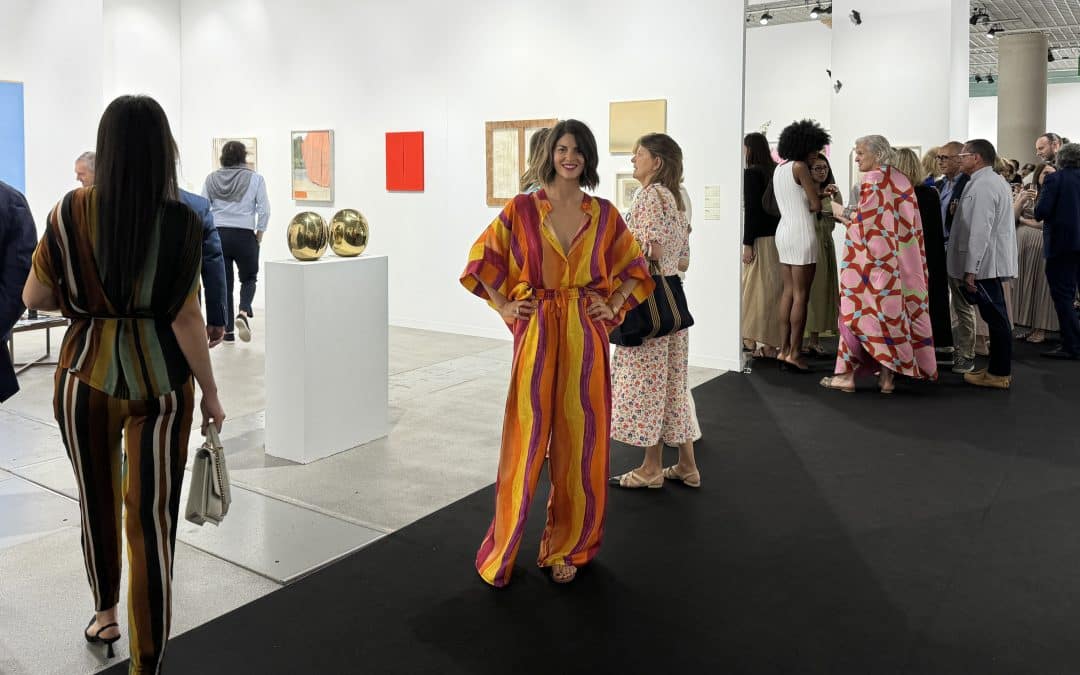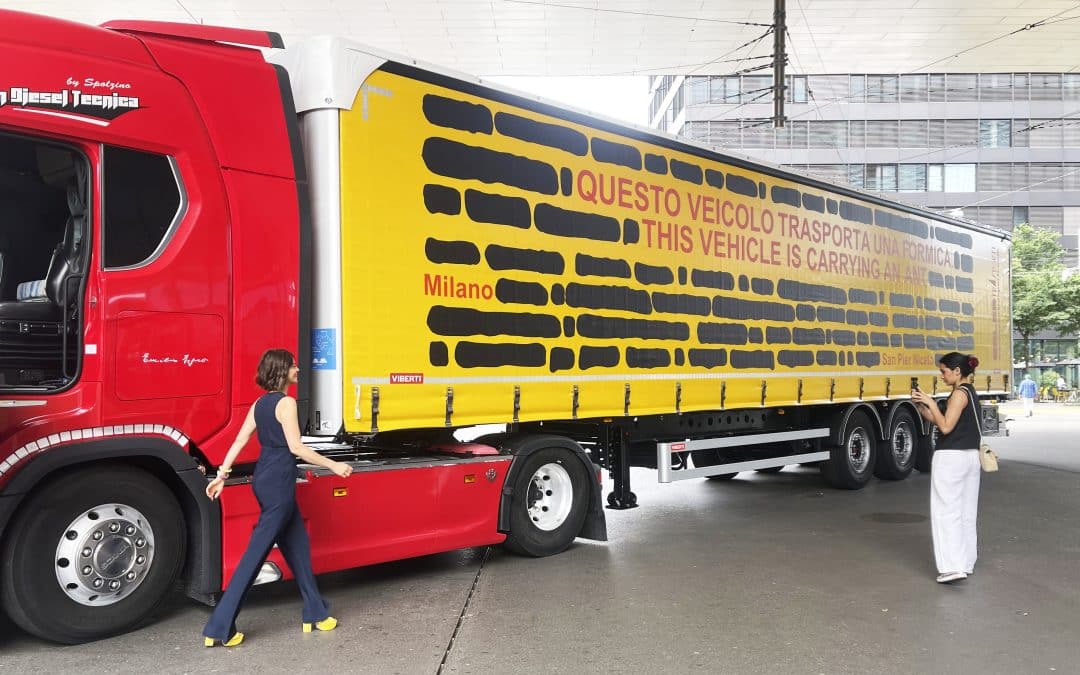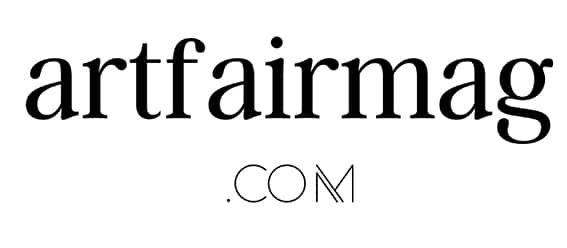Ravelle Pillay
South African, Johannesburg-based artist
Ravel Pillay’s Artistic Exploration of Colonialism and Identity
Pauline Loeb engages with Ravelle Pillay, a South African artist exploring the legacies of colonialism through her art. Pillay discusses her heritage, the influence of her family’s history, and how it shapes her work. Her artistic process, blending personal and historical archives, addresses identity and memory. Pillay’s reflections on her role in the art scene underscore her commitment to community and dialogue, showcasing her journey through exhibitions and awards.
Latest Interviews

A Casual Conversation with Wim Delvoye at artmonte-carlo 2024
Pauline Loeb sat down with Belgian artist Wim Delvoye at artmonte-carlo to discuss his diverse art and his unique approach to working with various materials.

Discovering New Horizons: Lee Cavaliere’s Vision for VOLTA
Lee Cavaliere, VOLTA’s new artistic director, reveals his mission to redefine the fair, spotlighting innovation and inclusivity in the art world’s landscape of discovery.

artmonte-carlo’s 8th Edition: High Quality Art Meets Market Hesitancy
artmonte-carlo showcased high-quality modern & contemporary art under new leadership, but faced market challenges with cautious collectors and modest sales.

VOLTA Basel 2024: A New Venue for an Increasingly International Fair
The 19th edition of VOLTA Basel was the first under Artistic Director Lee Cavaliere. It gathered 45 international galleries during Art Basel Week and offer an appealing proposition.

Art Basel 2024: A Resounding Success Amid Art Market Challenges.
Dealers participating in this new edition of Art Basel generally made good sales, proving that the fair remains the must-attend event for international collectors.
